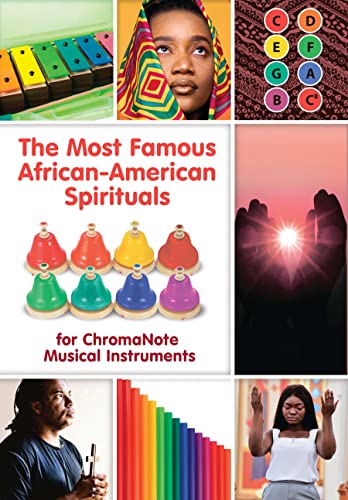The Origins and Legacy of the Spiritual Song Kum Ba Yah

Kum ba yah, meaning "Come by here," is a spiritual song with disputed origins in African American culture. It was popularly sung among the Gullah community, who were descendants of enslaved West Africans living on islands off the coasts of South Carolina and Georgia. The song's reach extended beyond these islands, spreading to other parts of the Southern United States, the North, and even internationally. The earliest known recording of the song was made by folklorist Robert Winslow Gordon in 1926, featuring a singer identified only as H. Wylie, who performed in the Gullah dialect. Over time, the song gained wider recognition as a beloved campfire song in Scouting and summer camps, and its popularity grew during the folk revival of the 1950s and 1960s. Originally, "Kum ba yah" was a prayerful appeal to God for assistance for those in need.
The song "Kum ba yah" has been shrouded in mystery for nearly a century, with claims of African origins and disputed authorship. Despite its varied history, the song has resonated with many people and been sung at various events such as protest marches and candlelight vigils.
One of the claims to African origins of the song comes from Lynn and Katharine Rohrbaugh, leaders of the Cooperative Recreational Service in Ohio, who received the song from a missionary who had returned from Angola. They collected a version from a Liberian student and published it, which helped to solidify the song's popularity under its earlier pronunciation, "Koombaya."
Another claim comes from Rev. Martin V. Frey, an Oregon evangelist who claimed to have composed the song in 1936 and included it in his Revival Choruses of Martin V. Frey. However, he did not copyright it until the 1970s, and it is unclear whether he truly wrote it or not.
Research has also suggested that the song indeed may have originated from enslaved Africans in the Gullah region off the coast of Georgia and South Carolina, where the Gullah dialect (also known as the Sea Islands Creole dialect) was spoken. "Kum by yah" is a Creole version of "come by here."
Despite its disputed origins, "Kum ba yah" has had a lasting impact and has been a source of unity for many. The song's popularity has lasted through generations and has been sung by various artists, including Joan Baez, Pete Seeger, and Sweet Honey in the Rock. Despite its associations with simplicity and cultural naivete, the song has a powerful message that continues to resonate with people today.

